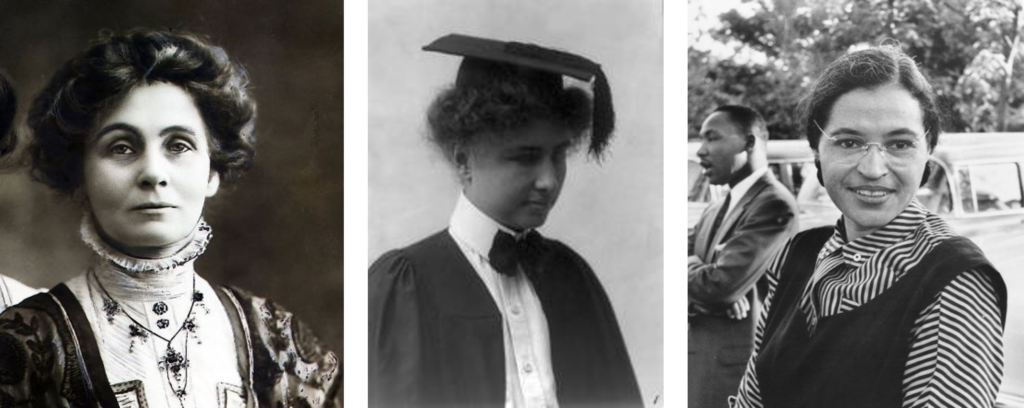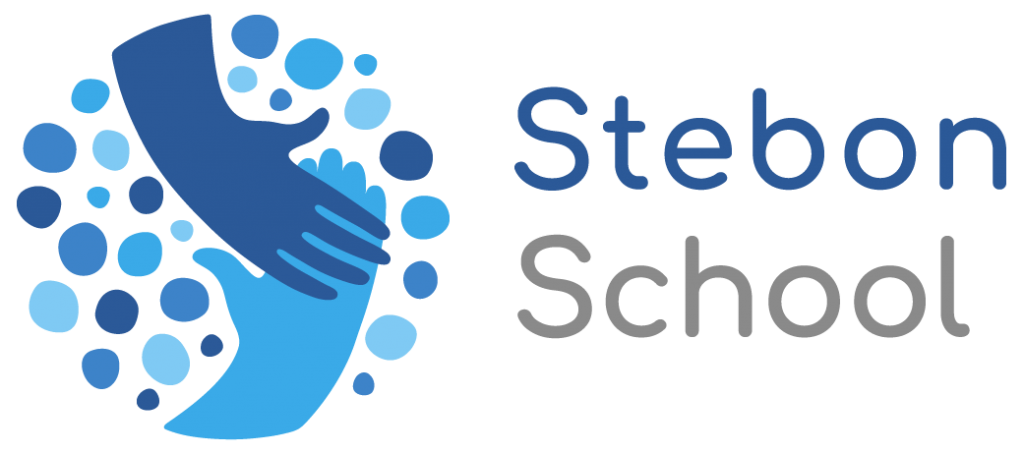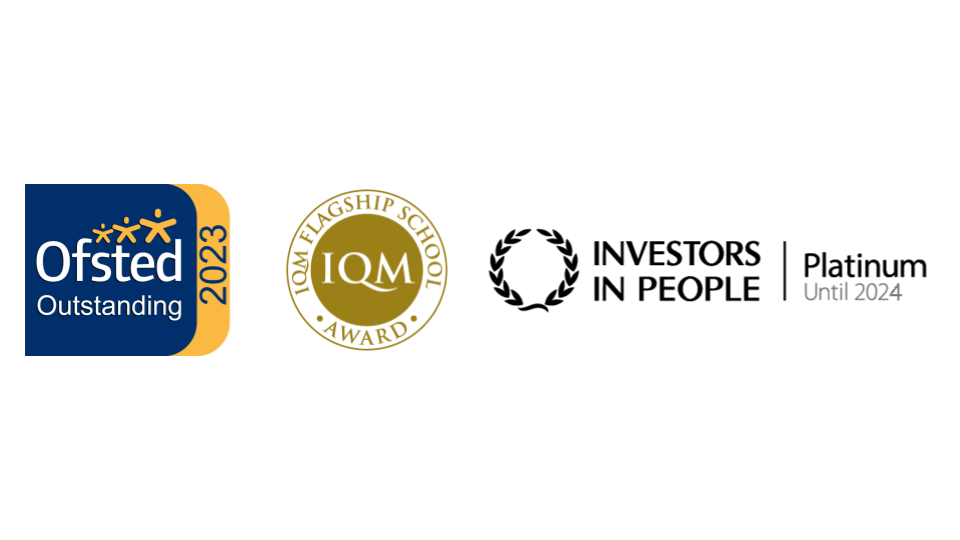Emmeline Pankhurst Class, Helen Keller Class & Rosa Parks Class

Year 4’s class names are inspired by 3 women with extraordinary determination who truly embody girl power!
Emmeline Pankhurst was a British political activist who was criticised when she championed for women’s right to vote. She was one of the key figures in changing the role of women in society and was quoted to have ‘taken society into a new pattern for which there there was no going back’. Alongside being a daughter, wife and mother, Emmeline committed to her work and battled throughout her life to raise the profile of women in society.
Helen Keller was an American author, politician, and lecturer. She was the very first person to earn a University degree despite not being able to hear or see! She helped to pioneer a new form of communication for deaf-blind people. During her lifetime she campaigned for women’s rights and labour rights. She even has a holiday named after her in the U.S. state of Pennsylvania.
Rosa Parks was an activist in the civil rights movement in the United States, best known for her role in the Montgomery bus boycott of 1955. When she refused to give up her seat in the ‘coloured’ section of a bus in Alabama to a white passenger, she probably had no idea how this act would change the world. She has been called ‘the First Lady of civil rights’ and ‘the mother of the freedom movement’.
From the wonders of nature to a celebration of the man-made. The classroom is full of them; toy robots, large & small robots, ones in humanoid form with flashing lights; lots of wires & circuits & metal & plastic. There’s even a tardis!
Every aspect of our learning involves robots. We produce persuasive writing arguing why robots should or shouldn’t do the jobs that humans could do. We write poetry & stories about imaginary worlds as well as information texts about electricity. Our science & DT involves circuits & conductors & junk modelling. Our maths learning about nets & working to scale helps us in constructing these models too. We learn about programming in ICT & examine morals & ethics in RE.

During the term we go to the science museum & welcome a visitor who shows us how to build robots – think Robot Wars!
By the end of the term, believe it or not, we have designed & built a robot & examined when & how robots are useful. More importantly perhaps we have considered where they’re not useful; what only we can do.
Click below to see the Autumn Knowledge Organisers;
The spring term is all about history in general & Elizabethan England in particular & we kick off Y4 with the best thing ever – our Shakespeare performance! We work with the Shakespeare Schools Festival for the whole of the first half term to learn, rehearse & perform an abridged Shakespeare play on the London stage in front of our family & friends. All of us … without exception … on stage! As a bonding experience, there’s nothing like it. We learn two important lessons:
First, we are capable of pretty much anything & second, together we’re better!
There’s something theatrical about the room with strange-looking Tudors on the walls. Are they characters from a play or real-life Elizabethans?
We learn about the five Tudor monarchs and the order in which they ruled, about what Elizabethans believed and what they ate, about how Elizabethan children lived and we learn about the Elizabethan Era’s legacy on Britain and the wider world.
We find out why King Phillip of Spain wanted to invade England with the Spanish Armada, how he was sent packing & what his defeat meant for Queen Elizabeth’s reputation as a force to be reckoned with.
We write a short story & a newspaper article about our SSF performance. In art we learn about Holbein’s brilliance & create our own painting based on ‘The Ambassadors’.

We also go to the National Portrait Gallery & to Greenwich, where Henry VIII was born. We might even get the chance to go to the Globe Theatre on the South Bank.
By the end of the term we have all produced our own Tudor portraits, made lavender bags to protect ourselves from the plague & even had a Tudor feast (we’re not allowed to eat swans, though)!
And, did I mention, we have performed a Shakespeare play!
Click below for the Spring Knowledge Organisers;
This term we come face to face with the awesome power of the Earth. It’s about volcanoes & earthquakes, tsunamis & hurricanes – those reminders of quite how small we are!
During the term we write texts explaining how volcanoes erupt & what makes earthquakes happen. We write edge-of-your-seat suspense stories from deep within natural disasters & then bring it down again with mountain poems.
Our maths is largely about co-ordinates & directions, distance & time – again lots of problems to solve here. We look at states of matter in science & examine how the water cycle works. In music, we reach out to the furthest corners of the globe to explore more than just peaks. We sit back and listen to country and western music and compare this to the influences of eastern Asia.

In RE we examine the question,’Why do some people think life is a spiritual journey and what significant experiences mark this?’ This seems somehow opposite to big geological moments.
Our most important trip is our residential trip to Gorsefield where we start to learn some survival skills but we also go to a local climbing wall.
Click on the links below to see the Summer Knowledge Organisers;


